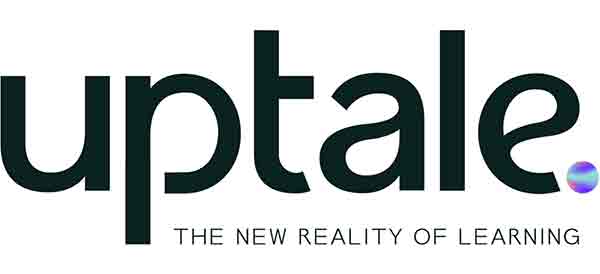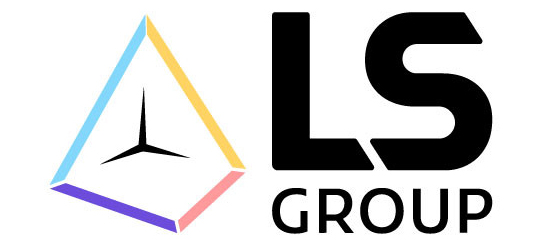A proficient DevOps consultant plays a pivotal role in streamlining development and operations, ensuring faster time-to-market, and enhancing software delivery quality. But what experience should a good DevOps consultant possess to drive such transformative outcomes? Let us share the aspects we value in our DevOps consulting specialists.
Extensive technical expertise
A seasoned DevOps consultant should have a broad spectrum of technical skills, spanning across various DevOps tools and practices. This includes proficiency in automation tools like Jenkins, CI/CD pipelines, configuration management with Ansible, Chef, or Puppet, and experience with containerization technologies like Docker and Kubernetes. Their technical arsenal should also include knowledge of scripting languages such as Python, Bash, or Ruby to automate routine tasks and streamline processes.
Cloud computing proficiency
With the cloud becoming an integral part of DevOps practices, a good consultant should have hands-on experience with major cloud platforms like AWS, Azure, or Google Cloud. They should be adept at cloud automation, scaling, and managing cloud resources efficiently.
Solid understanding of the Software Development Life Cycle (SDLC)
A thorough grasp of the entire software development life cycle, from coding and building to deploying and monitoring, is crucial. They should understand various development methodologies, including Agile and Scrum, and how DevOps integrates and enhances these practices.
Experience in Infrastructure as Code (IaC)
The ability to manage and provision infrastructure through code is a vital skill for DevOps consultants. Experience with IaC tools like Terraform or AWS CloudFormation ensures that they can automate infrastructure setup and maintenance, leading to more consistent and reliable environments.
Strong problem-solving skills
DevOps is all about improving efficiency and solving bottlenecks in the software delivery process. A good consultant should have excellent problem-solving skills, with the ability to analyze complex systems, identify areas for improvement, and implement solutions effectively.
Effective communication and collaboration skills
DevOps is as much about culture and collaboration as it is about tools and practices. A proficient consultant should possess strong communication skills, facilitating clear and effective interactions between development, operations, and other stakeholders. They should be capable of breaking down silos, fostering a culture of collaboration, and promoting the DevOps mindset across the organization.
Continuous learning and adaptability
The tech world is always pushing forward, and DevOps is no exception. A good DevOps consultant should have a zeal for continuous learning, and staying abreast of the latest tools, practices, and trends in the DevOps space. They should be adaptable, and ready to embrace new technologies and methodologies to drive improvement.
Security knowledge (DevSecOps)
With the increasing emphasis on security within DevOps practices (DevSecOps), a consultant should have a solid understanding of security best practices, and how to integrate security into the DevOps pipeline. They should be versed in automated security testing, vulnerability scanning, and implementing security measures throughout the software delivery process.
Performance monitoring and optimization
Experience in performance monitoring and optimization is crucial. They should know how to use monitoring tools like Prometheus, Grafana, or ELK stack to track application performance, identify bottlenecks, and implement optimizations for better efficiency and reliability.
Proven track record
Finally, a good DevOps consultant should have a proven track record of successful DevOps transformations. They should be able to provide case studies or examples of how they’ve helped other organizations optimize their DevOps practices, overcome challenges, and achieve tangible improvements in software delivery and operational efficiency.
In sum, a proficient DevOps consultant should bring a rich blend of technical expertise, problem-solving skills, and strong interpersonal abilities to the table. They play a critical role in guiding organizations through their DevOps journey, ensuring that both tools and culture align to drive continuous improvement and innovation.

























